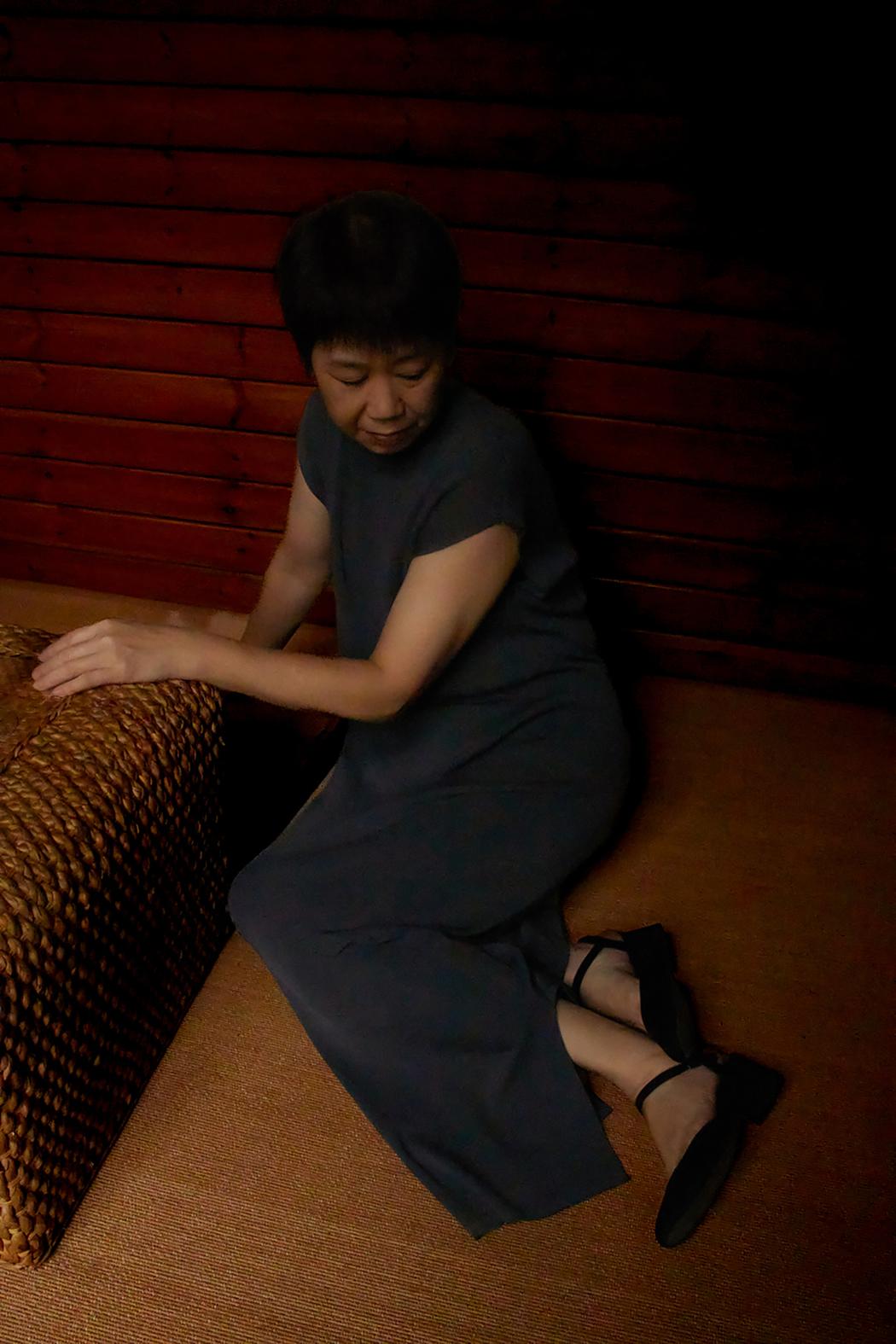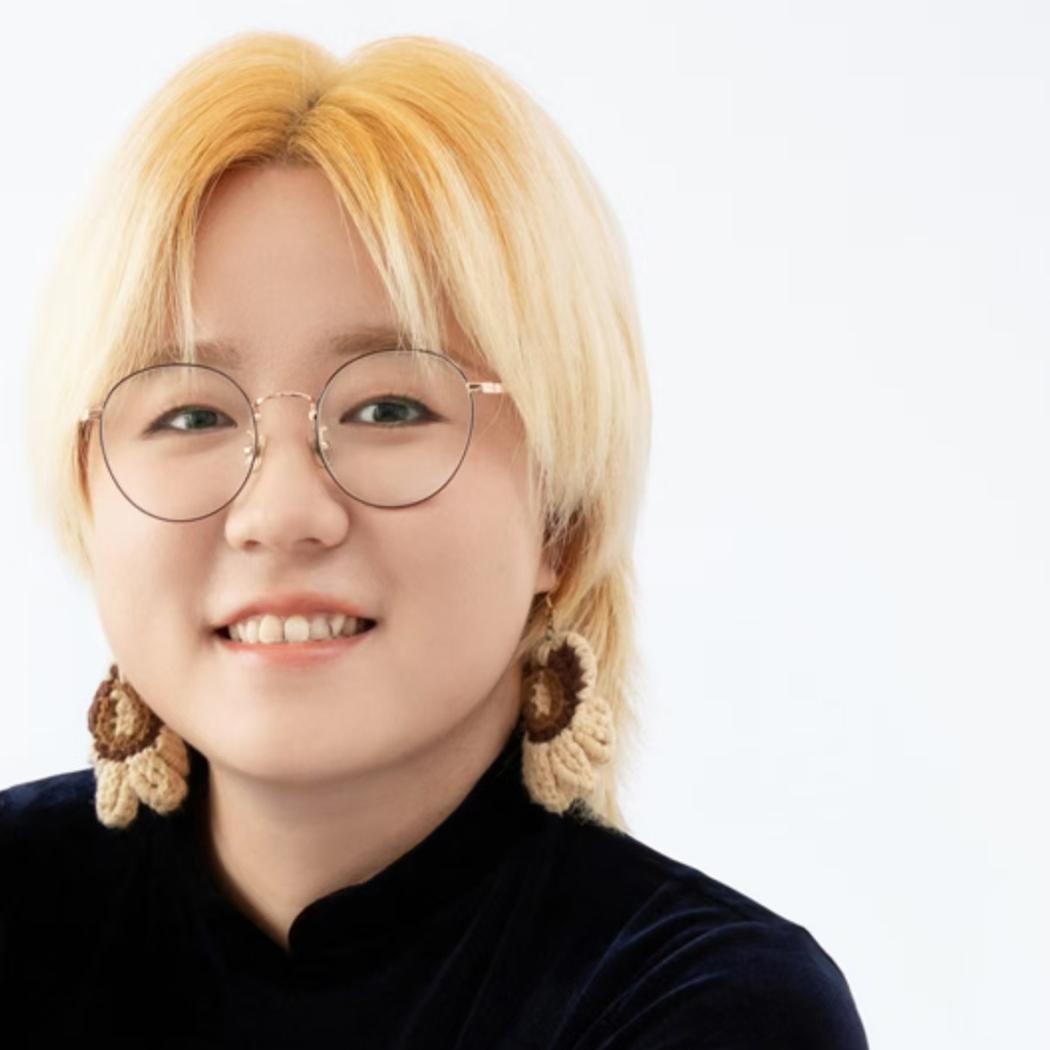Chen Yibing
Year of birth: 1989
Where do you live: Yunnan, China
Your education: Currently pursuing a Master’s degree
Describe your art in three words: Introspective, inclusive, imaginative
Your discipline: Picture books | Documentary Photography
How did your background in psychology influence the way you approach visual storytelling?
I tend to bring my own imagination into specific scenes. I studied transpersonal psychology, which differs from other branches of psychology in that it focuses more on spirituality and the idea of universal oneness. So in my work, you might notice expressions of the collective unconscious. I aim to infuse a sense of spiritual reflection into my images, offering viewers a moment of emotional resonance.
What inspired you to create the series Silent Devotion — My Mother? Was there a specific moment that sparked it?
I didn’t feel the need to “create”—to me, my mother is the work.
The final motivation probably came from a deep love for her. (My eyes teared up a bit at this point—sorry.)
Your work feels very intimate and quiet. How do you balance documentation and imagination in your imagery?
I remember it was a gloomy, rainy day—maybe by coincidence, but that mood heavily influenced the final atmosphere of the work. Since my mother was the model, she naturally expressed herself in front of the camera. In my mind, I had envisioned a story set in Republican-era China, which helped guide the overall tone. My mother’s reserved personality and the private setting we shot in created a perfect harmony between realism and imagination. That balance might have been the most honest way to express the piece.
 Chen Yibing | Silent Devotion My Mother | 2024
Chen Yibing | Silent Devotion My Mother | 2024
How do you think cultural expectations of Chinese motherhood shaped your understanding of your mother?
There’s a phrase circulating online recently: “The best cook is always the last to sit at the table.” That’s exactly my mother—she’s always the last one to eat. Perhaps she resonates with others too, becoming a symbolic figure of East Asian or specifically Chinese womanhood of our time—someone who devoted her entire life to her family.
The photo evokes stillness and emotional weight. Can you describe the process of creating this image — location, lighting, direction?
Location: Nanhua No.7
Camera: Canon
Clothing: PICCIN
Has your mother seen this work? If so, how did she react?
She has seen it, but didn’t look very closely. (awkward smile)
What emotions were you hoping to evoke in viewers when presenting this project?
We live in an AI-driven age, but I don’t think that undermines artistic creation. As long as the work comes from a real person, it holds emotion and an inner world. That’s what gives the image its aura and sense of mystery, drawing the viewer in to explore it further and form an emotional connection. I believe my work carries a kind of spiritual energy and universal love—something AI simply can’t replicate.


Leave a Reply
You must be logged in to post a comment.